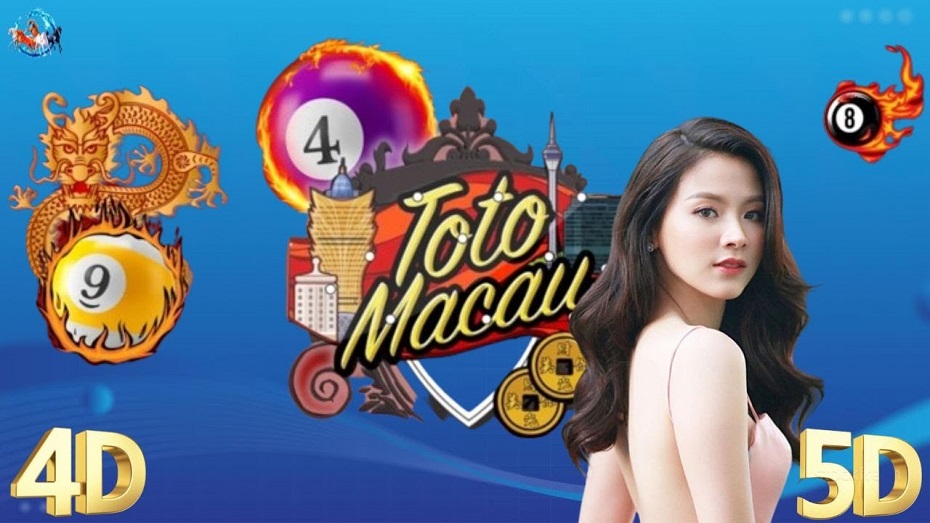Casinos have long captivated the imaginations of people around the world, offering an intoxicating blend of glamour, excitement, and the promise of fortune. From the dazzling lights of Las Vegas to the opulent kangtoto of Monaco, these establishments have become synonymous with luxury and indulgence. But beyond the glitz and glamour lies a world rich in history, psychology, and entertainment.
A Brief History
The word “casino” itself conjures up images of high-stakes gambling and lavish entertainment, but its origins are more humble. The term originally referred to a small villa or summerhouse, often built on the grounds of larger Italian homes. It wasn’t until the 19th century that the concept evolved into the modern-day casino, with the opening of the first legal casino in Baden, Germany, in 1765.
From there, the popularity of casinos spread rapidly, particularly in Europe and the United States. The 20th century saw the rise of iconic establishments such as the Monte Carlo Casino in Monaco and the Flamingo Hotel and Casino in Las Vegas, which helped solidify the casino’s place in popular culture.
The Psychology of Gambling
What is it about casinos that draws people in, time and time again? One factor is undoubtedly the psychology of gambling. The thrill of taking risks and the potential for a big win trigger the brain’s reward system, releasing dopamine and creating a sense of euphoria. This addictive cycle is what keeps players coming back for more, even in the face of potential losses.
But it’s not just about the possibility of winning big. Casinos are carefully designed to create an immersive and enticing environment, from the bright lights and catchy music to the free drinks and luxurious amenities. Every aspect of the casino experience is meticulously crafted to keep players engaged and entertained for as long as possible.
